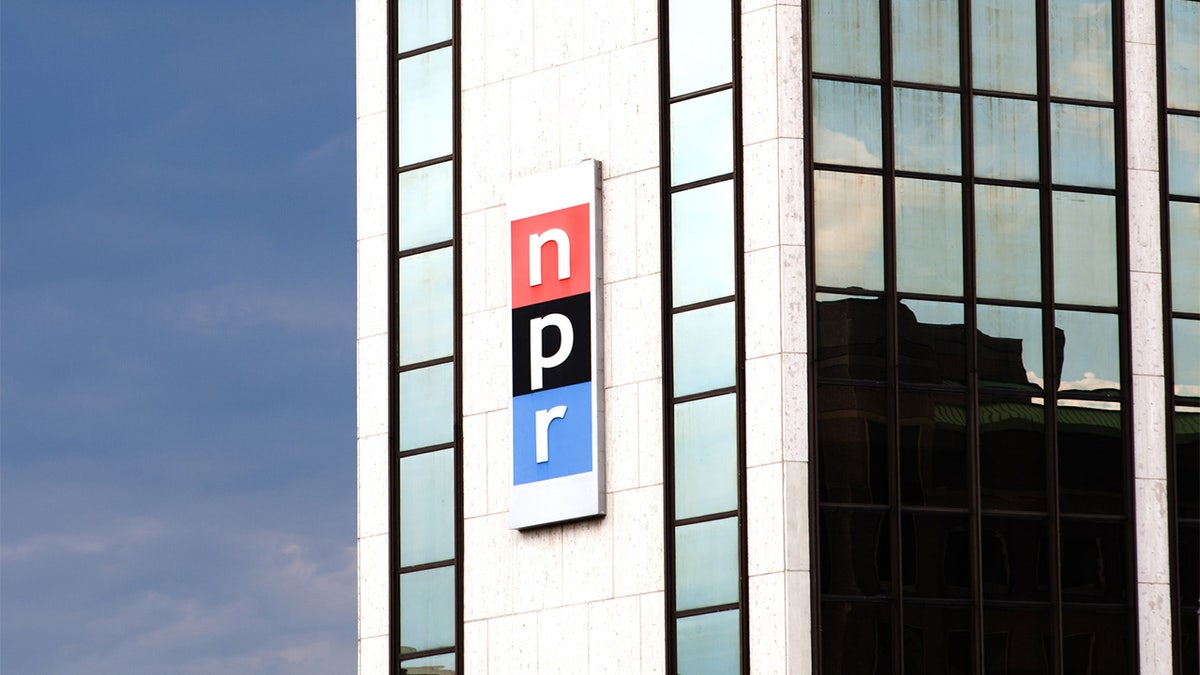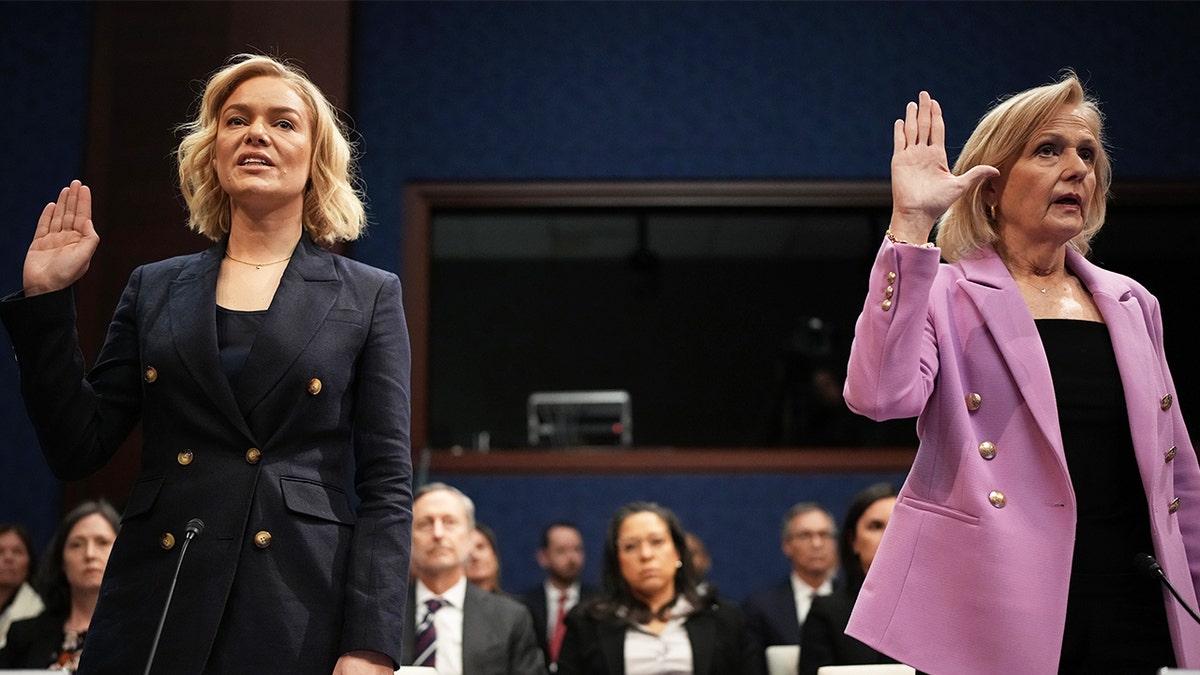NPR urges its stations to lobby members of Congress as Trump admin seeks to pull federal funding

NPR is urging its member stations to contact their members of Congress as the Trump administration ramps up its efforts to pull federal funding from public broadcasting.
A memo sent Monday was in response to reports of the White House’s plan to send its rescissions package to Capitol Hill this week and not as anticipated on April 28 and that a vote could be held the week of May 5.
“In preparation, we are moving up the timelines for all stakeholder communications,” the memo first obtained by The New York Times read. “NPR’s Policy and Representation team has drafted new templates for station and grasstops stakeholder activation. We ask for a deadline of May 2 for those letters to be delivered to lawmakers. Engage your Board members, Community Advisory Board, station volunteers, major supporters, community partners, business leaders, and emergency officials who work with your station and ask them to communicate to Congress their opposition to rescission and support for your station.”
WHITE HOUSE URGES CONGRESS TO CUT FEDERAL FUNDING FOR NPR, PBS
NPR asked its stations to inform the national headquarters when letters are sent out to lawmakers and whether the stations receive responses.
“We are coordinating with Protect My Public Media and will provide more details soon on activating PMPM advocates. On-air scripts are currently available through the PMPM Partner Portal, if you would like to begin pre-recording messages,” NPR wrote.
“We strongly urge you to communicate and meet with your Members of Congress this week, since they are likely still in your district during the current recess,” the memo continued.
NPR did not immediately respond to Fox News Digital’s request for comment.
PBS CHIEF WARNS CUTTING FEDERAL MONEY WILL ‘DEVASTATE’ LOCAL STATIONS AS WHITE HOUSE SEEKS TO PULL FUNDING

Earlier this month, President Donald Trump‘s budget director, Russ Vought, drafted a memo asking GOP lawmakers to slash $1.1 billion that was allotted to the Corporation for Public Broadcasting (CPB), as well as $8.3 billion that was allotted to USAID.
“Since day one, the Trump Administration has targeted waste, fraud, and abuse in Federal spending through executive action, DOGE review, and other efforts by departments and agencies. Congress has expressed strong interest in supporting those efforts, and requested the Administration transmit rescissions to the Hill for swift approval,” Vought wrote in the memo.
NPR, PBS HONCHOS FACE TENSE GRILLING BY GOP LAWMAKERS OVER BIASED COVERAGE, TAXPAYER FUNDING
The memo continued, “OMB recommends the Administration respond with two proposals to cut $9.3 billion. The first includes a rescission of $8.3 billion in wasteful foreign aid spending (out of $22 billion) that does not expire in Fiscal Year (FY) 2025. The second is a separate rescission of all Federal funding for the Corporation for Public Broadcasting (CPB) — which funds the politically biased public radio and public television system.”
In March, NPR CEO Katherine Maher and PBS CEO Paula Kerger testified before the House DOGE subcommittee and were grilled by Republican lawmakers about alleged political bias as the media executives defended their federal funding.

Responding to Vought’s memo, Kerger sounded the alarm on the negative impact it would have on PBS to lose federal funding
“The effort underway to get Congress to rescind public media funding would disrupt the essential service PBS and local member stations provide to the American people,” Kerger wrote in a statement shared with Fox News Digital.
“There’s nothing more American than PBS, and our work is only possible because of the bipartisan support we have always received from Congress. This public-private partnership allows us to help prepare millions of children for success in school and in life and also supports enriching and inspiring programs of the highest quality,” she continued. “Rescinding these funds would devastate PBS member stations and the essential role they play in communities, particularly smaller and rural stations who rely on federal funding for a larger portion of their budgets. Without PBS member stations, Americans will lose unique local programming and emergency services in times of crisis.”
Kerger added, “We are proud to highlight real issues, individuals, and places that would otherwise be ignored by commercial media. We look forward to demonstrating our value to Congress, as we have over the last 50 years, to maintain our pledge to the American people to keep our organization, and service, strong and vital.”
Read the full article here







